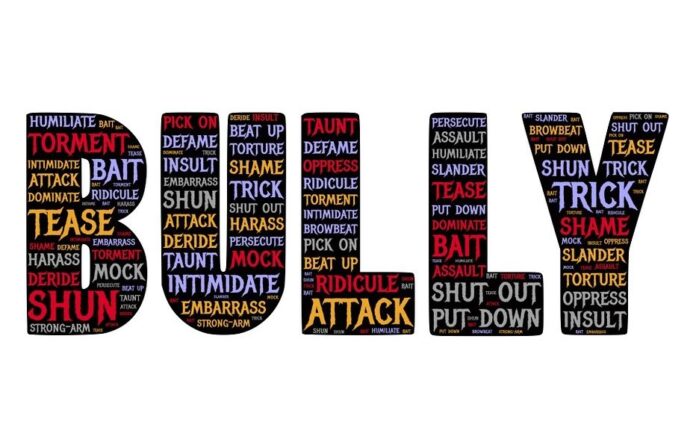Many believe that bullying only happens to children and teens, but bullying doesn’t always stop once you become an adult.
Who are Adult Bullies?
An adult bully doesn’t have to be a random rough scary looking person that walks around knocking punching people for no reason. Anyone can be a bully: an intimidating boss or coworker, a controlling spouse, a toxic family member, a shaming social acquaintance, or a social media troll. These people can regularly make you feel belittled, humiliated, or de-energized.
We tend to think that adults should just be able brush off any instances of bullying, but some people are more affected than others.
Here are just a few things that bullies do:
Types of bullies:
Verbal bully: Verbal bullies have a thing for shaming and insulting with words. They often criticize or tease and use sexist, racist, homophobic, or threatening language.
Tangible/material bully: These types of bullies like to use their formal power. They may be a boss, manager, supervisor or have some sort of authority or control over your finances.
Cyberbully: A significant problem today is cyberbullying, especially for younger and more vulnerable adults. Regardless, anyone can be a victim of harassing emails, text messages, and social media.
Passive-aggressive bully: You may not consider someone who is passive-aggressive to be a bully but if someone constantly gossips, is extremely sarcastic and makes mean and hurtful jokes causing you to feel anxious and insecure, they are definitely a bully.
Physical bully: Physical bullies tend to use physical domestic, and sexual abuse to keep controlling you.
What Can You Do?
Here are some ways that you can help a victim of bullying:
What to do if you’re a victim:
Adult bullies are everywhere. They can have significant effects on your mental health and wellness. But you don’t have to stay a victim. Be sure to utilize your support system whether it’s from co-workers, friends, or family. Also, never feel too scared to seek assistance from the authorities.







